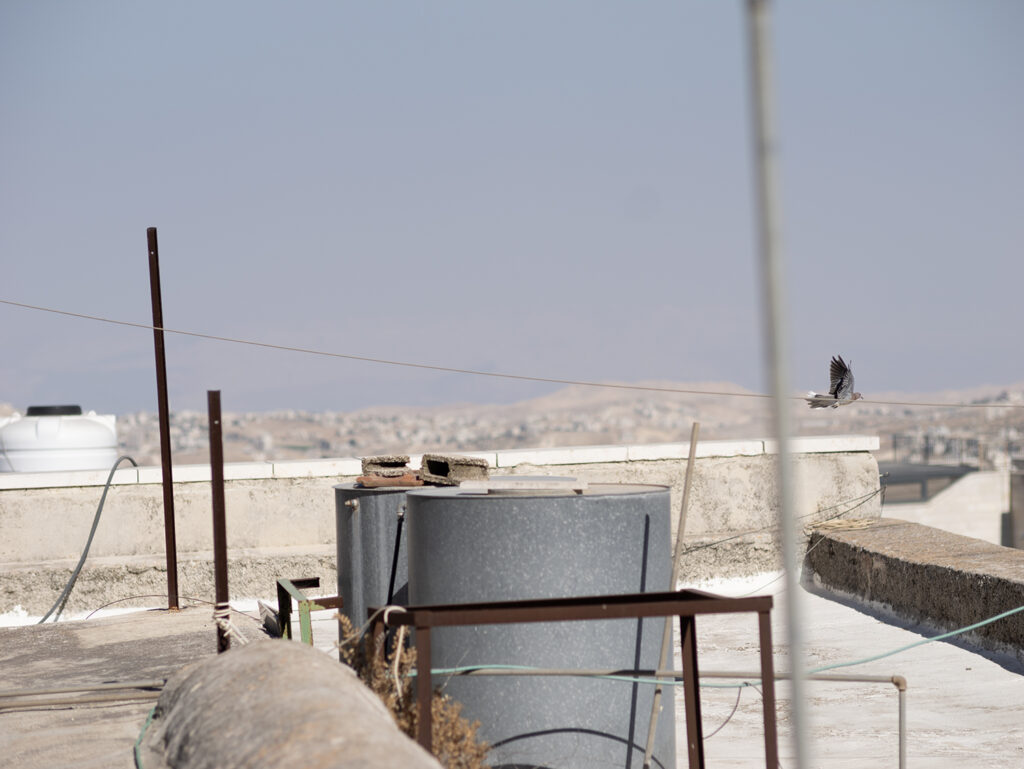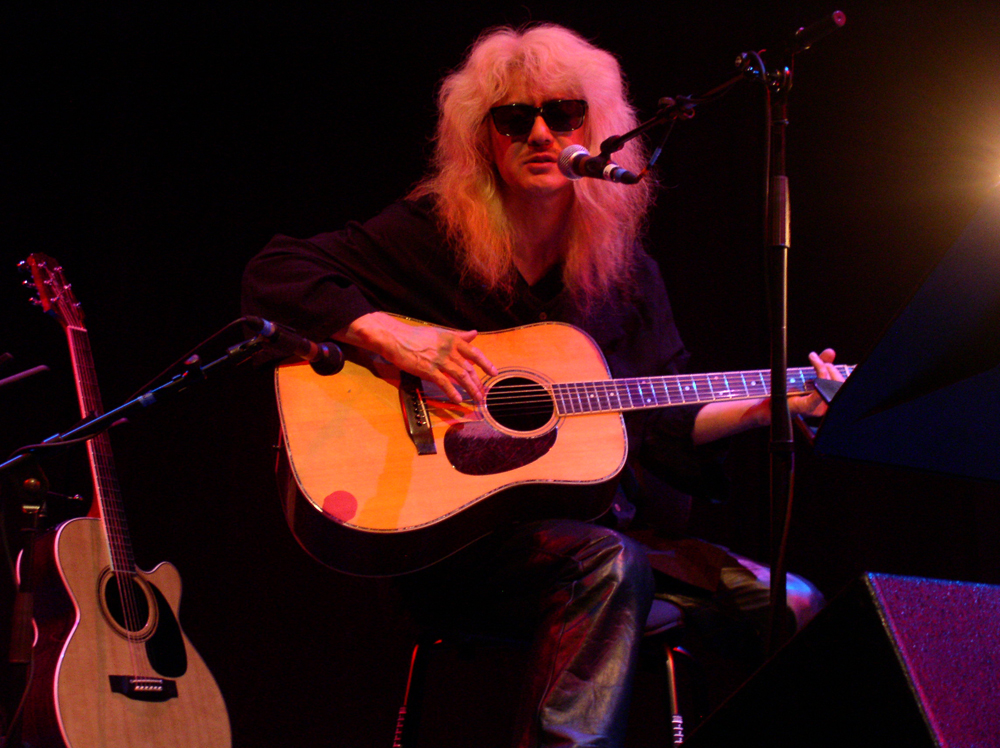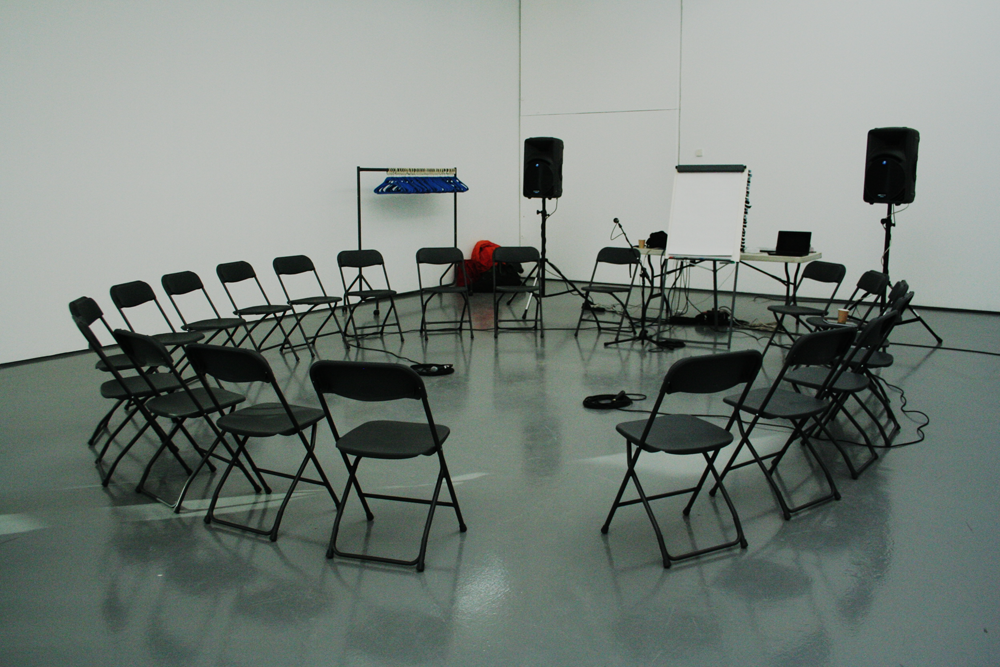
Toward Nakba as a Planetary Process
Anti-Denialist Museum of Palestine Ayreen Anastas Rene Gabri Houria Bouteldja Avery F. Gordon Amirah Silmi Françoise Vergès Additional Contributors
An assembly to try and provide some experiential and theoretical resources for the renewal of a certain affective, extra-political sociality, in the face of one of our great adversaries; the forces of colonial, imperial, genocidal denial.












